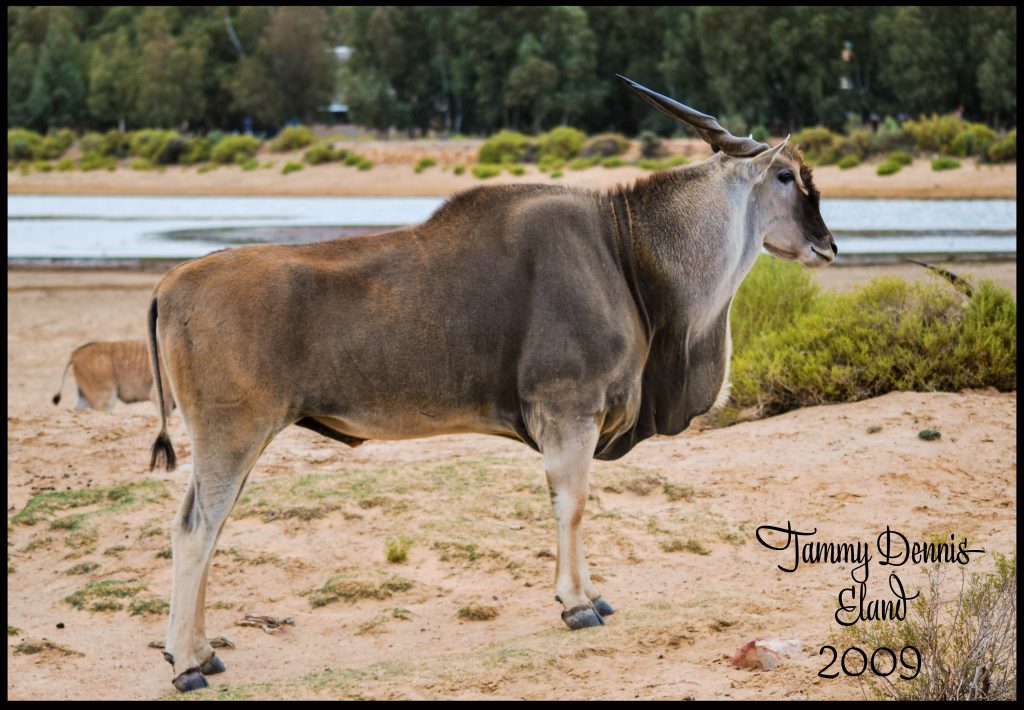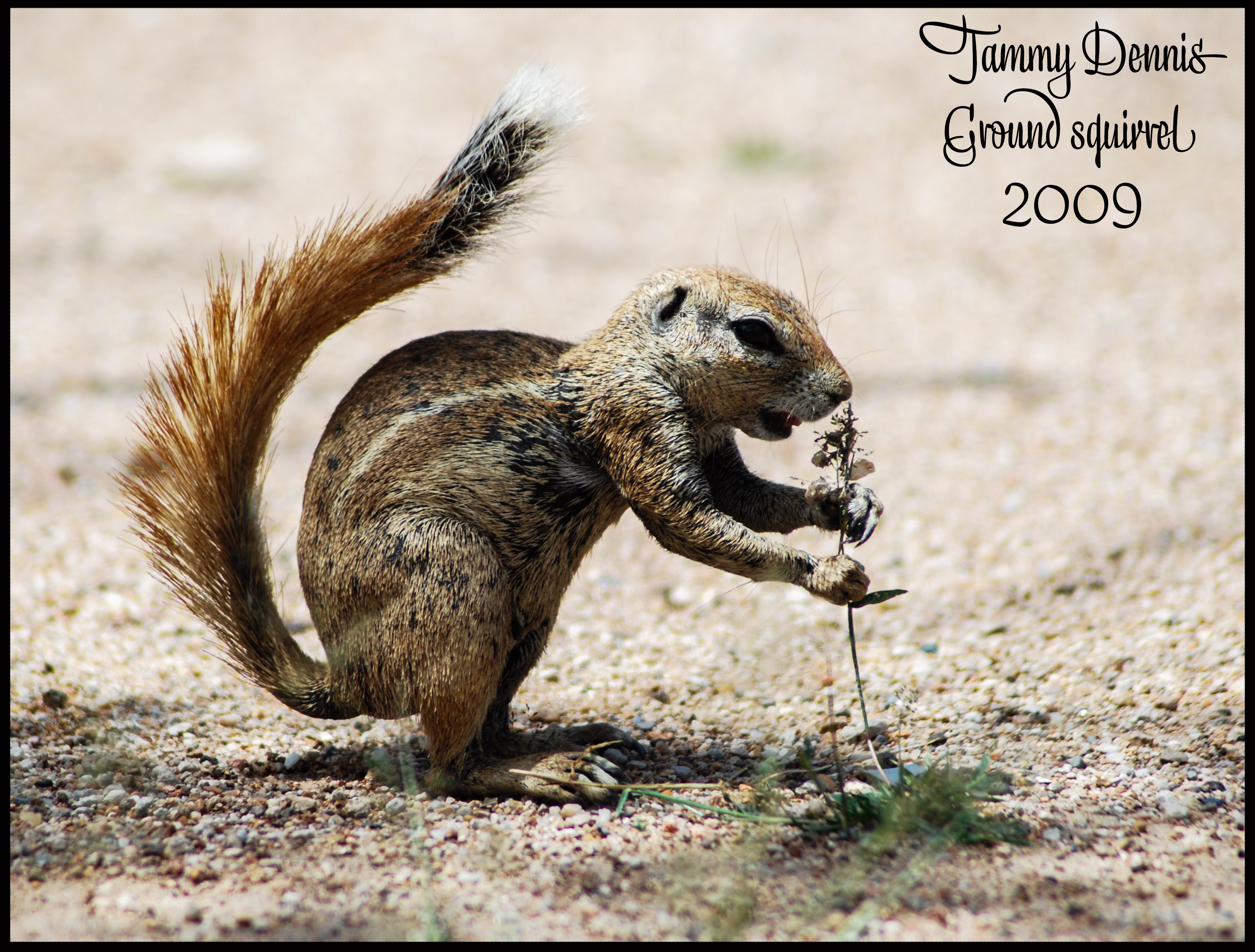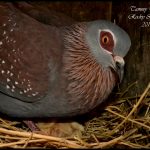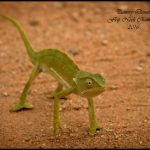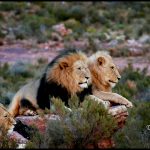The first modern air-conditioner developed in 1902 allows us to have cooler summers, today we are spoilt with air-conditioning in our cars, shops and maybe in our own homes. Not many people can imagine how to survive in a hot country before 1902, using wet sheets, fans and sleeping closer to the ground. But how do animals in the wild cope with no luxuries?
Sweating is a very simple way of keeping cool and done by most living animals with a few exceptions, other common ways include panting, lying in water and resting in shade. There are some animals with amazing ways to keep cool on those hot sunny days.
A large unmistakable animal is the elephant, with all that weight, bare skin to the sun and so large, that resting under a tree is not always possible, evolution has played it part over the years making their ears larger. Elephants do have great hearing, though this is not the sole purpose of the ears. The size increases the surface area, behind the ears are extremely large blood vessels that are close to the surface with thinner skin helping to release excess heat, when ears are moved back and forth it helps cool at a faster rate and on cooler days when heat needs to be retained, the ears can be kept close to the body to reduce the loss of heat. Some animals like eland, kudu and mountain zebra have a similar concept in the form of a dewlap, this however is yet to be fully understood as often females lack a dewlap and therefore its purpose could be more complex.
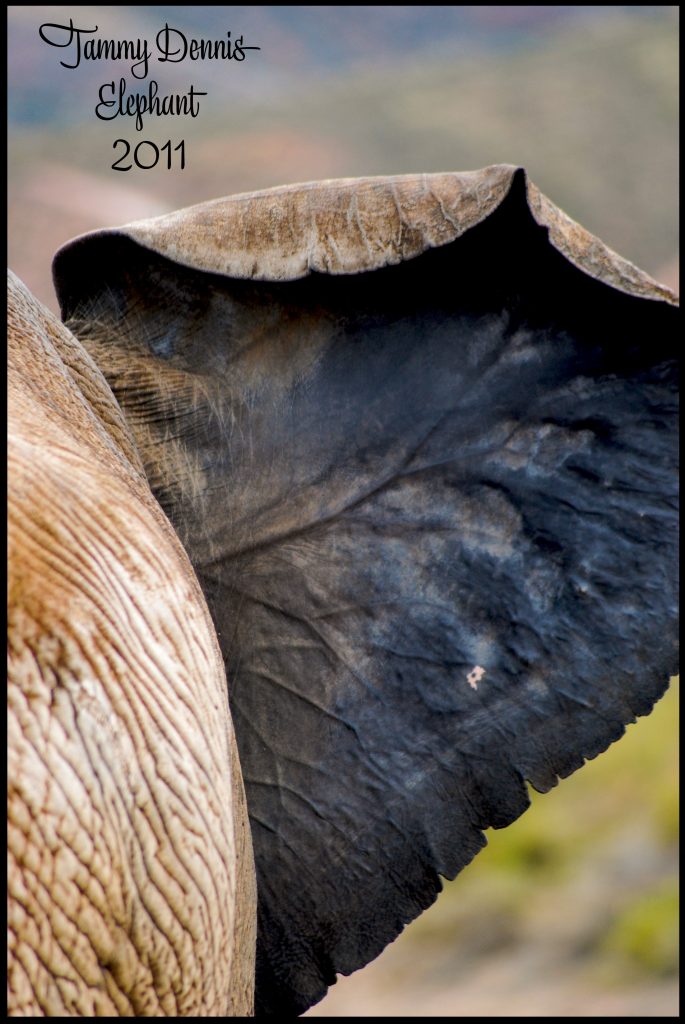
Some animals control their body heat with colour. Springboks that live in extreme weather, ranging from 45°C to -5°C, use their thin black lines on their side to face towards the sun to warm themselves while the sun is low. As the sun rises it hits the lighter brown part of the animal that absorbs less heat, the white underpart of the Springbok helps protect the organs from the heat radiating from the ground. Giraffes use a similar technique using their patches as a way of releasing excess heat with blood cells concentrated in lighter areas.
Another way used more by nocturnal animals, reptiles and some amphibians is to dig a hole and sleep it off. The surface of soil is often very hot, but dig a little and you soon find cool moist soil that is cool and refreshing. Mammals often stay in their cool dens, burrows or temporary lodgings till the sun starts to set and the heat of the day has passed, spending the more active time in the morning or late afternoons and some even avoid the heat entirely by venturing out only at night. Reptiles in desert areas often sink away into the sand helping them get out the sun, this also works as camouflage and a tactical way of stalking prey. Amphibians like the giant African bullfrog have very sensitive skin, when it becomes too hot or dry it goes into hiding by digging a hole whilst shedding several layers of skin to keep out the heat and keep in the moisture, staying underground in estivation state for many months, with metabolism slowing down to conserve energy.
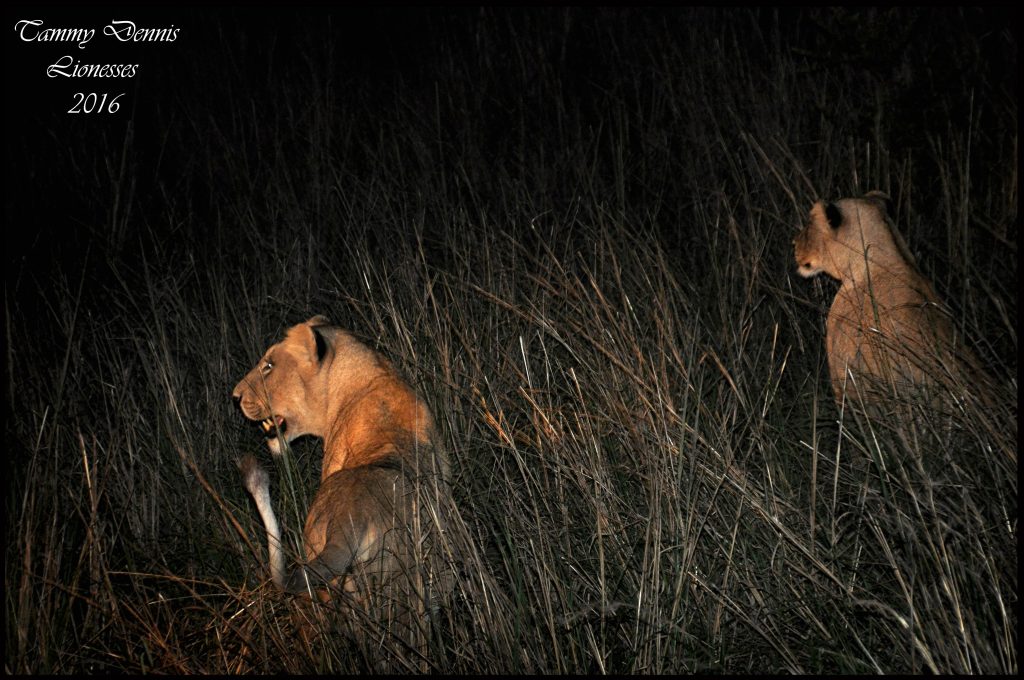 Ground squirrels take a new approach of accessorising themselves with a makeshift parasol, using their own fluffy tails to shade themselves from the sun. Most mammals do not take on this approach other than larger mammal such as elephants and rhinos that stand in such a way to maximise shade for their young. On the other hand, hippos use sunscreen to protect themselves, originally people once believed they used to sweat blood, later finding out that the orange and red pigmentation secreted from the skin absorbs the sun’s UV rays and is a natural antibacterial secretion to protect their sensitive skin.
Ground squirrels take a new approach of accessorising themselves with a makeshift parasol, using their own fluffy tails to shade themselves from the sun. Most mammals do not take on this approach other than larger mammal such as elephants and rhinos that stand in such a way to maximise shade for their young. On the other hand, hippos use sunscreen to protect themselves, originally people once believed they used to sweat blood, later finding out that the orange and red pigmentation secreted from the skin absorbs the sun’s UV rays and is a natural antibacterial secretion to protect their sensitive skin.
There are more unattractive ways of cooling off, and yes something worse than seeing sweaty armpits after a run. Some birds like storks and vultures defecate (poop) on their legs, thus helping to cool down in similar ways to sweat. Some animals are a little vainer, sacrificing their good looks, male lions often find a shady spot, pant and wait for it too cool down. There is nothing funnier than watching a lazy lion during the heat of the day after their shade has moved and they make the tough choice to move with it. After lift those heavy paws to get to a new shady area they collapse in a huff. It makes me so happy that we evolved like many other animals did and invented our own air-con for those hot days.
